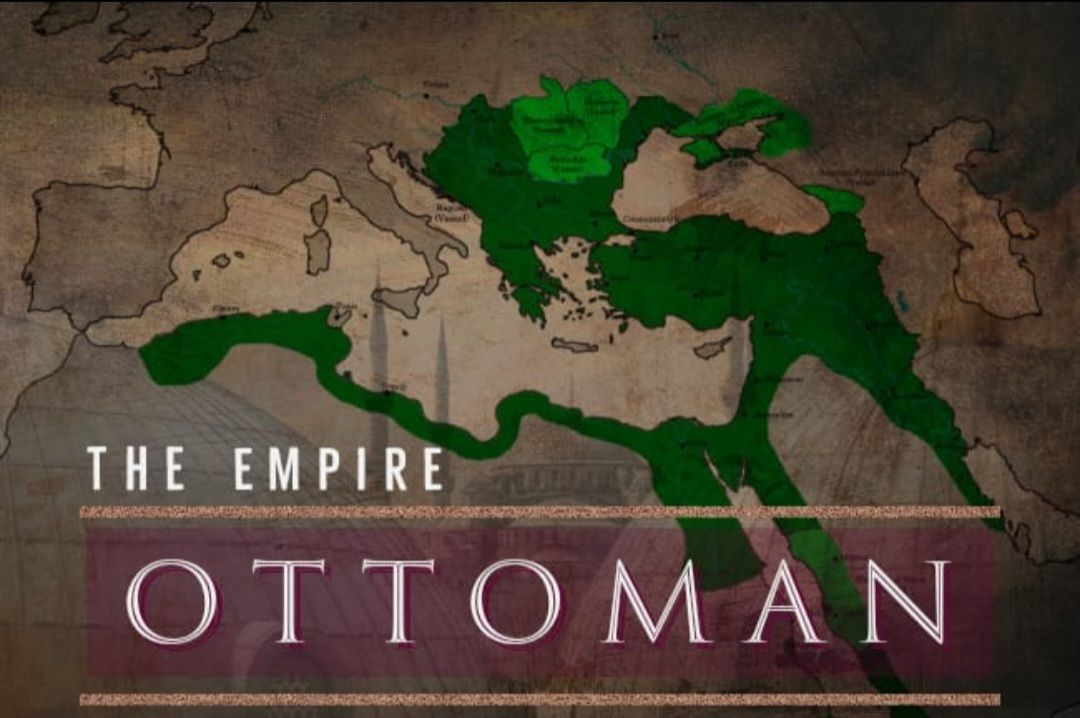
[25] The Ascent and Decline of The Ottoman Empire
In The Name of Allah, The Most Merciful, The Bestower of Mercy.
Sultan, Abdul Hamid I (1187 – 1203 AH /1773 – 1788 CE)
He ascended to the throne in 1187 AH /1773 CE following the death of his brother, Mustafa III. During Mustafa III’s reign, Abdul Hamid was confined to his palace. Russia achieved a victory over the Ottomans in the city of Varna, Bulgaria, on the Black Sea, prompting the Grand Vizier to seek peace and negotiations. This culminated in an agreement in the city of Kinarca, Bulgaria, in 1187 AH /1774 CE, which primarily aimed to eliminate hostilities between the Ottoman Empire and Russia, establish peace, safeguard agreements from alterations, and grant amnesty for offenses committed by the subjects of both parties.
Both parties acknowledge the complete freedom and independence of Crimea, allowing its inhabitants the right to elect their Khan without interference and without the obligation to pay taxes.
As Muslims, their religious affairs were to be governed by the Sultan in accordance with Islamic law. The withdrawal of Ottoman forces from Crimea, along with the surrender of fortresses and the prohibition of sending soldiers or military governors.
Each state retains the right to construct fortifications and buildings, as well as to make necessary repairs. A Russian ambassador of second rank to be appointed in Istanbul, with a formal apology issued for any disruptions.
The Ottoman Empire commits to safeguarding the rights of Christian churches within its territories and granting permission for necessary repairs.
Russian monks permitted to visit Jerusalem and other sites without the requirement of tribute or tax, and they are to be provided with assistance and protection during their visits.
The navigation rights of Russians in all Ottoman ports in the Mediterranean and Black Seas guaranteed, along with the protection of Russian nationals’ trade activities both on land and at sea within the Ottoman Empire.
Russian merchants afforded the freedom to import from and export to these regions, as well as the right to reside there.
Russia entitled to appoint consuls in any locations it deems appropriate. The Ottoman state is required to commit to supporting the governments of African provinces should the Russians wish to establish commercial treaties in those areas.
The Russians entitled to construct a church on the public road in the district of Galata in Istanbul, separate from the designated church, which will be maintained by the Russian ambassador. Full provisions for its upkeep and complete security will be ensured to prevent any interference.
The agreement stipulated the return of certain territories to the Ottoman Empire from Russia under specific conditions, including amnesty for the local population, religious freedom for Christians, the construction of new churches, the prohibition of privileges for monks, unrestricted migration for the elite, non-interference with their affairs, exemption from war costs, and the removal of tribute obligations. Additionally, Russia is to return Mediterranean islands under its control to the Ottoman Empire, which must grant amnesty to their inhabitants, waive annual fees, ensure religious freedom, and allow those who wish to leave their homeland to do so. Other provisions addressed regions in Crimea, withdrawal measures, the evacuation of Wallachia, Bujak, and Moldavia, the release of prisoners, and the appointment of ambassadors for reconciliation. The Ottoman Empire committed to paying Russia fifteen thousand bags of currency over three years, with an annual installment of five thousand bags.
Upon examining these conditions, several observations can be made:
The end of Ottoman control over the Black Sea facilitated the groundwork for future Russian diplomatic interventions in internal Ottoman affairs.
Russian borders expanded to the southern Bug River, incorporating Azov, the Kersh steppes, and the eastern ends of the Dnieper and Bug rivers, including the regions of Mohyliv and Kinburn. Additionally, Crimea gained independence, with its subjects remaining connected to the Ottoman Empire solely in a religious capacity.
Russia was granted the right to establish consulates in the Ottoman Empire and to navigate its waters freely. The treaty also allowed Russians to obtain privileges, within Ottoman territories, affecting Orthodox communities in Wallachia, Moldavia, and the Aegean Islands and Russia became a protector of Orthodox Christians throughout the Ottoman Empire.
The Russian Crusaders did not stop there; they continued their conspiracies and surprised the Ottoman Empire by invading Crimea with an army of seventy thousand soldiers, disregarding the Treaty of Kainarji. Catherine, their queen, was captivated by this victory and toured the regions of Crimea, where celebrations and triumphal arches were erected, inscribed with “The Road to Byzantium.” The Ottoman Empire reacted strongly, prompting the Sublime Porte to send a memorandum to the Russian ambassador in Istanbul during the summer of 1200 AH, outlining several demands, including the renunciation of protection over the Georgian territories under Ottoman sovereignty and the surrender of the rebellious Wallachian governor. Russia rejected the memorandum, leading the Sublime Porte to declare war and imprison the Russian ambassador. The alliance between Austria and Russia was marked by significant military maneuvers. Katarina instructed the military leader Potemkin not to wait for the Ottomans and to advance towards the cities of Bender and Ozi. This strategy allowed him to capture Ozi, prompting Austria to declare war on the Ottoman Empire. Emperor Joseph II of Austria attempted to seize Belgrade but ultimately retreated in disappointment to Timișoara, pursued by the Ottoman army, which inflicted a severe defeat upon him.
The death of Sultan Abdul Hamid I had a profound impact on the course of events. The morale of the troops diminished, and despair took hold of their hearts, which adversaries exploited to weaken the Ottomans. Consequently, they achieved victories on July 31 and September 22, 1789, with the Russians capturing the fortified city of Bender and occupying much of Wallachia, Moldavia, and Bessarabia. The Austrians also entered Belgrade and Serbia, which later responded in accordance with the Treaty of Jassy.
An Excerpt from Ad-Dawlah al-Uthaniyyah Awamil An-Nuhud Wa Asbab As-Suqut 6/349-352

